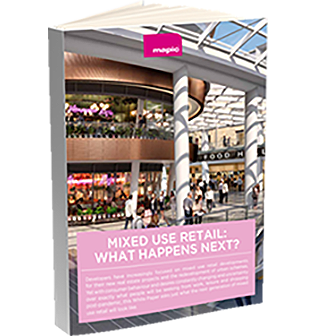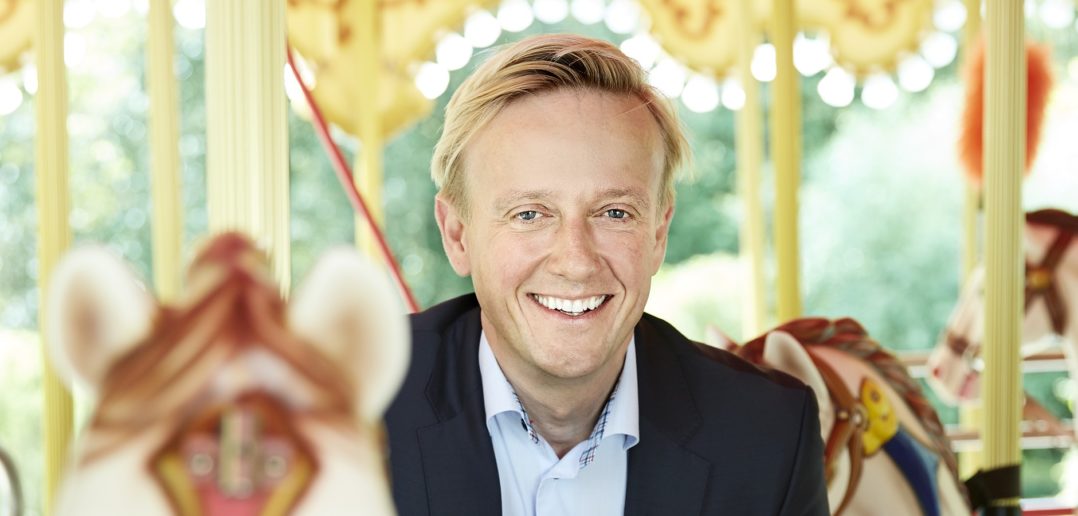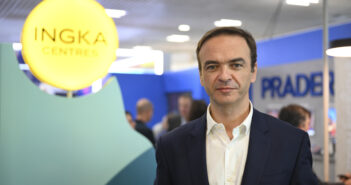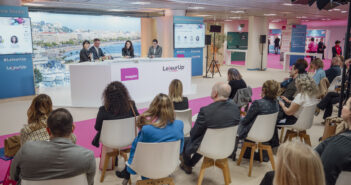“Visitors are not just buying a ticket to ride but expectation, experiences and memories” says Leisure Day keynote speaker Andreas Veilstrup Andersen, Executive Vice President, Tivoli Gardens & former President and CEO, Liseberg Group
Key lessons from the attractions world:
- Competition is not limited to direct competitors but is cross-industry and across the world as attractions, retail, cities and leisure all seek visitor spend.
- Everything is merging and attractions, retail and leisure are becoming hybrids, taking lessons from each other’s strengths.
- Flexibility and diversification require high levels of investment to respond to customers’ expectations and new consumptions patterns, both to thrive on a long term basis and to excel in a ‘user review’ era. In a more blended environment requires lifestyle destinations to compete with each other and creates the need to define their own identity.
- Leisure can increasingly create an identity for a city or region, with mixed used to increase revenues and by working together, cities, retail and leisure can all increase their revenues.
- Constant renewal is needed to survive over the longer term, which requires constant innovation and ongoing capital investment.
Blended uses end distinction between real estate and destinations
“The border between attractions, retail and other types of leisure is becoming more and more difficult to define,” reflects Andreas Veilstrup Andersen, Executive Vice President, Tivoli Gardens & former President and CEO, Liseberg Group “You can see in leisure that there is more F&B and more retail, and that in retail shopping centres are becoming more like attractions.”
Andreas Veilstrup Andersen, a keynote speaker at the first Leisure Day on 12 November 2019 in Cannes, is in a good place to judge, having spent around 20 years working in a variety of high profile roles in the leisure sector. He arrived at Swedish attraction park Liseberg via the world famous Tivoli Gardens in Copenhagen and international trade organisation IAPPA (the International Association of Amusement Parks and Attractions).

Tivoli Gardens, Copenhagen Denmark
Competition is with all players, all the time
“When I started, it was very easy to define your competition, the other local attraction parks. But things are changing very rapidly and in my opinion we will see destinations of all types competing with each other in the future,” he says. “One reason for this is travel. It is now very easy to travel cheaply around the world and so Liseberg is not just competing in Sweden but with world class attractions in other parts of the world. So this amplifies change.”
This can be extended to “anything that replaces an attraction visit” he says, citing poor weather as an example where attendance at an attraction will typically go down but footfall at a nearby shopping centre will go up. Andersen also cites research carried out by the German Association of Parks and Attractions, which identified the biggest rival to attraction spend among the young not as alternative destinations but the money they spent on their mobile phones.

Mixed use retail and leisure: What happens next? – White Paper
Investment will need to focus on flexibility and diversification
“I foresee parallel investment in retail and attractions, as we invest in experience, F&B, retail and secondary gaming,” he says. “Of course people come in to go on the rides but what we have done is invest in all those other areas of the park, to raise the choice and the quality. These are important elements as people choose one park over another by looking at customer reviews and experiences. It’s the same in retail and these factors are increasingly important.”
Andersen believes that the industry needs to understand that “we are not selling what the customer is buying”, explaining that while an attraction park is selling a ticket, the visitor is buying “expectation, experience and memories”, in the same way that a retail destination is really selling not product but the experience and socialisation of shopping.
“If you take that perspective then you have to look at the totality of what you are offering and what the customer gets from that experience,” says Andersen.
Tivoli Gardens, Copenhagen Denmark
Destinations promote complementary spending
Of course attraction parks also influence the areas in which they are situated. For every euro spent in a European park, a further three to five euros is spent outside the park, on things such as retail, F&B, local travel and accommodation. But Andersen stresses that it is not only direct economic benefits that can be seen in the host area.
“Attractions and destinations can have an abstract impact too. They might give an area an identity, or make the region a better place to live,” he says, pointing to the Guggenheim in Bilbao, northern Spain. “Before the museum was built, Bilbao was an ageing industrial city but the Guggenheim has not only rebranded the city but has made it a much more modern and vibrant place to live.”
Constant reinvention is crucial for ongoing success
However, once established, keeping attractions interesting and relevant is a costly exercise, with Andersen estimating that attractions need typically to reinvest around 12% of turnover back into their parks annually just to maintain their position.
“It is quite a capital-intensive industry,” he concedes. “I would say you have to be completely customer-focused and adaptive, because what you build today may not be what you do tomorrow.”
Andersen cites the creator of Tivoli Gardens, Georg Carstensen, when he considers the need for constant reinvention of attractions. When quizzed about when the over-budget, over-schedule and unfinished scheme would finally be completed when it opened its doors in 1843, Carstensen replied: “Never”.
“I think that captures the organic approach that we have to take today,” says Andersen. “You have to keep the DNA and be conscious of the history and heritage but at the same time you need the courage to renew, reinvent and develop.”
Andrea Veilstrup Andersen will share his vision on the crucial role entertainment plays in city attractivess during a keynote speech at the Leisure Day on Tuesday 12 November at 14.10.
Discover the full programme of the Leisure Day and see who’s already registered!




